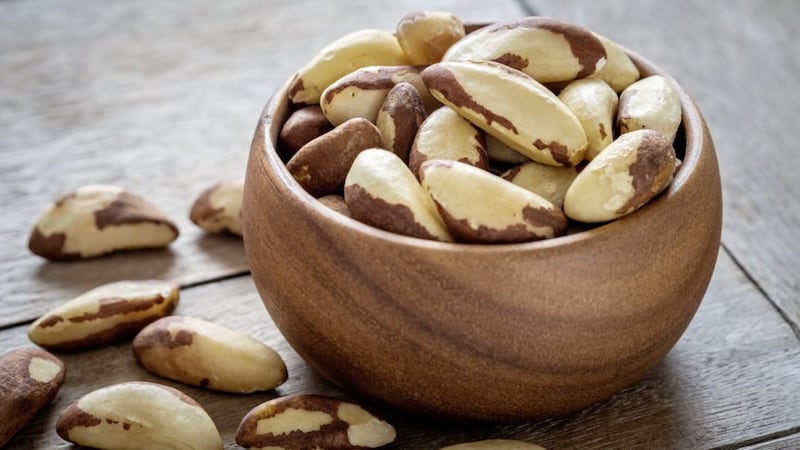THE thyroid gland is a small, butterfly-shaped gland that sits at the base of our neck, just below our voicebox. This little gland releases hormones into the bloodstream that regulate metabolism and cell regeneration.
When thyroid function is out of whack, it can affect how we think and feel. Symptoms of an underactive thyroid include weight gain, depression, fatigue, constipation, feeling cold all the time, hair loss and dry skin, among others.
Symptoms of an overactive thyroid include anxiety, nervousness, weakness and insomnia.
Thyroid imbalance affects women more than men, and often symptoms go undiagnosed, as they are put down to age or gender. Hypothyroidism is thought to affect one in 70 women, compared to one in 1000 men.
:: Thyroid hormone balance
The main hormones involved in thyroid function are TSH, T3 and T4. TSH (thyroid stimulating hormone) is produced by our pituitary to stimulate production of T3 and T4 hormones by the thyroid.
Conventional thyroid testing will look at TSH and T4. If the thyroid is under-performing, test results show high TSH (as the pituitary shouts louder to get the thyroid triggered to do its job) and low T4 (indicating the thyroid is not responding to the demands of the pituitary). With these results, patients will be prescribed l-thyroxine (T4) by their GP.
Often people go to their GP with a list of symptoms of hypothyroidism, but test results come back as ‘normal or ‘borderline’, even when signs and symptoms point towards a thyroid imbalance.
In these cases, it could be that other thyroid hormones or factors are out of sync, such as T3 and thyroid antibodies.
If T3 levels are low, this indicates that the thyroid is struggling to convert the T4, a storage form of thyroid hormone, into the active form, known as T3.
If antibodies are out of balance, it can indicate an auto-immune condition.
:: What can you do about it?
Although there is no such thing as a thyroid diet, nutritional therapy can help support the function and balance of our endocrine system. We know that there are certain foods that may impact the function of the thyroid.
:: Soya: Interferes with thyroxine absorption, so is best avoided if you are taking thyroxine medication. Soya milk, soya yoghurt and tofu are obvious sources of soya, but it is often added to foods, so check the ingredients list on labels.
:: Brassica vegetables: Broccoli, cabbage, cauliflower, Brussels sprouts and kale are incredibly nutritious, but are thought to have a goitregenic effect if eaten raw and in large quantities. This means that they interfere with iodine uptake by the thyroid – one of the key nutrients for thyroid health. Keep brassica veg in your diet but make sure they are cooked if you have an underactive thyroid – no more kale smoothies.
:: Go nuts: But not peanuts, walnuts or almonds as these are thought to reduce thyroid function. Brazil nuts would be an ideal choice. Have a handful daily to provide a good level of selenium, an essential nutrient for thyroid health.
:: Iodine: Iodine-rich foods are essential for thyroid balance. Kelp and dulse, seafood and dairy foods contain iodine. Don’t go overboard, though, as it's all about balance, not excess.
:: Essential fats: Especially omega 3 fats from oily fish, have been found to help support hormone balance, including thyroid function. Aim to have oily fish like salmon, mackerel, sardines and trout a couple of times a week.
:: Fruit and vegetables: An essential source of antioxidants to help support thyroid function, so aim for at least five portions of fruit and veg every day.








